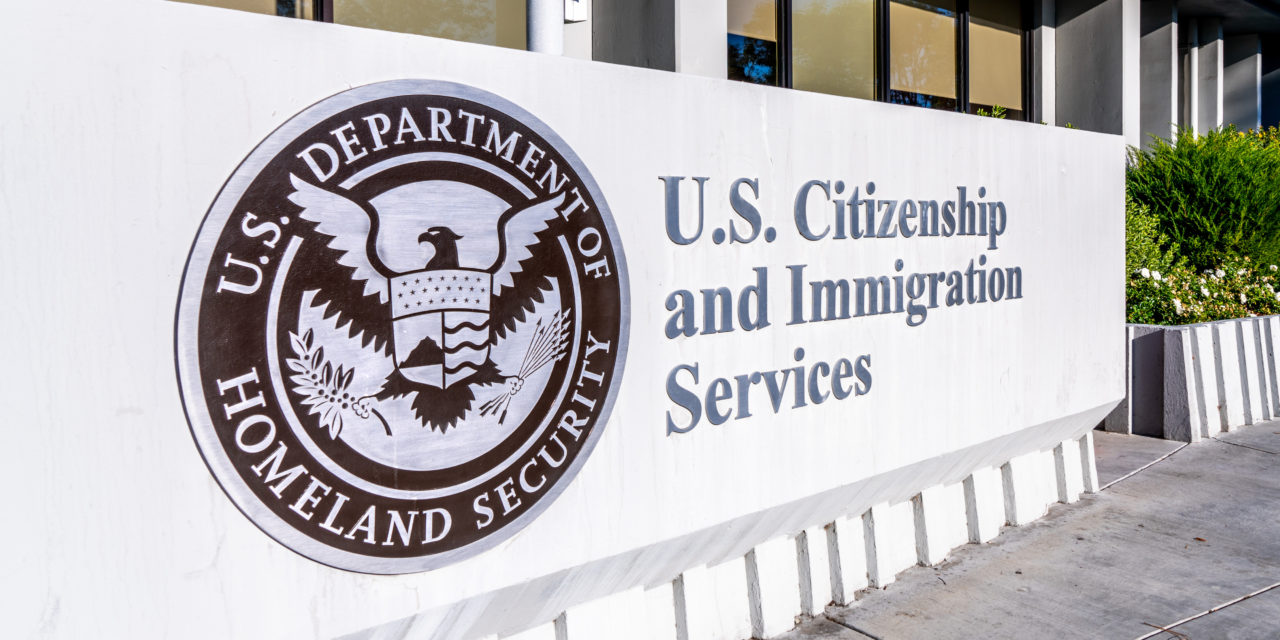The U.S. Citizenship and Immigration Services (USCIS) is currently proposing significant changes to the Affidavit of Support (Form I-864), and related forms I-864A and I-864EZ. One of the major changes would be to require that U.S. citizens and lawful permanent residents sponsoring a foreign spouse or relative for a green card must disclose detailed bank account information to the federal government on the form. This would include the name of the banking institution, account number, routing number, and the names of all account holders.
The Affidavit of Support is a form required for most immigrants seeking to reside permanently in the United States based on close family ties to show that they have adequate financial support and are not likely to become a public charge. It is also required for some intending immigrants seeking to reside permanently in the United States based on employer sponsorship.
The form serves as a legally binding contract in which the U.S. citizen or lawful permanent resident who is sponsoring the intending immigrant promises the U.S. government to financially support the individual if the immigrant is unable to do so on their own. The sponsor must prove that they have the means to maintain an annual income equal to at least 125% of the federal poverty guidelines for his or her own household, plus the intending immigrant and any family members immigrating with the intending immigrant.
What is most troubling about USCIS’ proposed changes to the Affidavit of Support is that the law does not authorize USCIS to collect such bank account information.
By regulation, the sponsor must provide evidence of their income by submitting a copy of their most recent federal tax transcript or return. In addition, the sponsor may include letters evidencing current employment and income, paycheck stubs, financial statements, or other evidence of the sponsor’s anticipated household income for the year in which the intending immigrant files the application.
If using assets in lieu of income, such as money in a bank account, the sponsor may submit evidence of the sponsor’s assets, such as savings accounts, stocks, bonds, certificates of deposit, real estate, or other assets. As such, the agency’s blanket proposal mandating the collection of detailed bank account information from all U.S. citizens and lawful permanent residents sponsoring their foreign spouse or relative for a green card is an unauthorized information collection.
Additionally, USCIS is proposing to require that sponsors must have the Form I-864, and related forms I-864A and I-864EZ, notarized by a notary public. This new notary requirement is an inconvenient and needless burden which has no basis in the law.
It would add undue and unnecessary burdens on sponsors by imposing unnecessary costs, travel burdens, and logistical challenges to have these forms notarized by a notary public. This requirement is particularly burdensome and potentially dangerous in light of social distancing protocols currently being imposed by local and state authorities, as well as countries around the globe, in response to the 2019 novel coronavirus (COVID-19) pandemic.
USCIS’ proposed changes to the Affidavit of Support are yet another attempt by USCIS to impose new requirements on the public, disguised as a form change, for which the agency lacks statutory and regulatory authority. USCIS stakeholders and the public must hold the USCIS accountable. USCIS is currently accepting public comments on these proposed changes through May 11, 2020.
FILED UNDER: green card, lawful permanent resident, USCIS


